What is a Gas Solenoid Valve?
Everything You Need to Know About This Essential Safety Component
Introduction
Nowadays, many things work on their own without much human effort.
Automation is everywhere—in homes, factories, and even in kitchens.
When working with gases like natural gas, propane, or methane, safety and control are especially important.
These gases are flammable, so systems must be precise and reliable.
One important part of these systems is the gas solenoid valve.
It helps control the gas flow automatically and safely.
So, what exactly is a gas solenoid valve—and how does it work? And why is it so important in gas supply systems?
This article will explain gas system parts in a simple way. No matter if you’re an engineer, technician, buyer, or just looking to learn, this article is for you. As a valve maker, we want to share what we know so you can pick the right gas control parts for your needs.
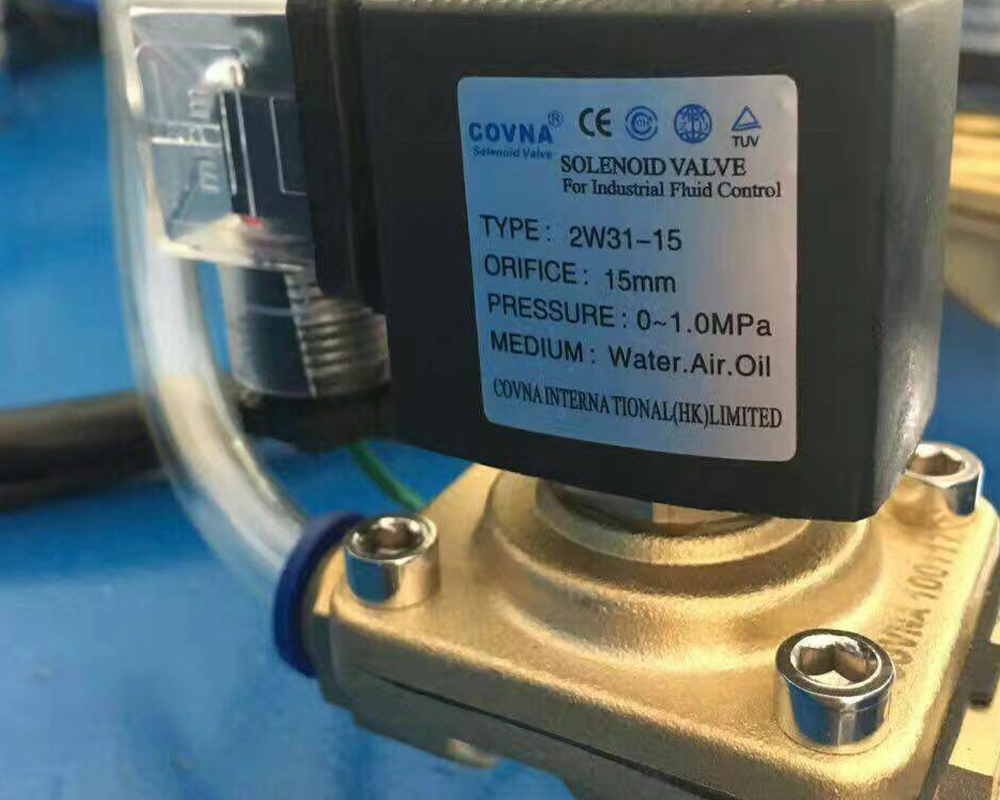
What Is a Gas Solenoid Valve?
A gas solenoid valve is a device that controls gas flow in a pipe by using electricity. It operates by using an electric current to open or close the valve, thereby starting or stopping the gas flow.
Solenoid valves are useful because they work by themselves. They open or close right away when told by devices like thermostats or safety systems. In fuel gas handling, fuel gas handling, response time can be a matter of safety.
✅ In simple terms: It’s a valve that opens or shuts off the gas flow automatically, using electricity.
How Does a Gas Solenoid Valve Work?
At the heart of every gas solenoid valve is a coil, which generates a magnetic field when electrified. This magnetic field lifts a plunger or diaphragm, allowing gas to flow. When the current stops, a spring forces the plunger back into position, closing the valve.
You’ll find two common types:
Gas systems mostly use normally closed valves because they shut off the gas by themselves if the power stops.
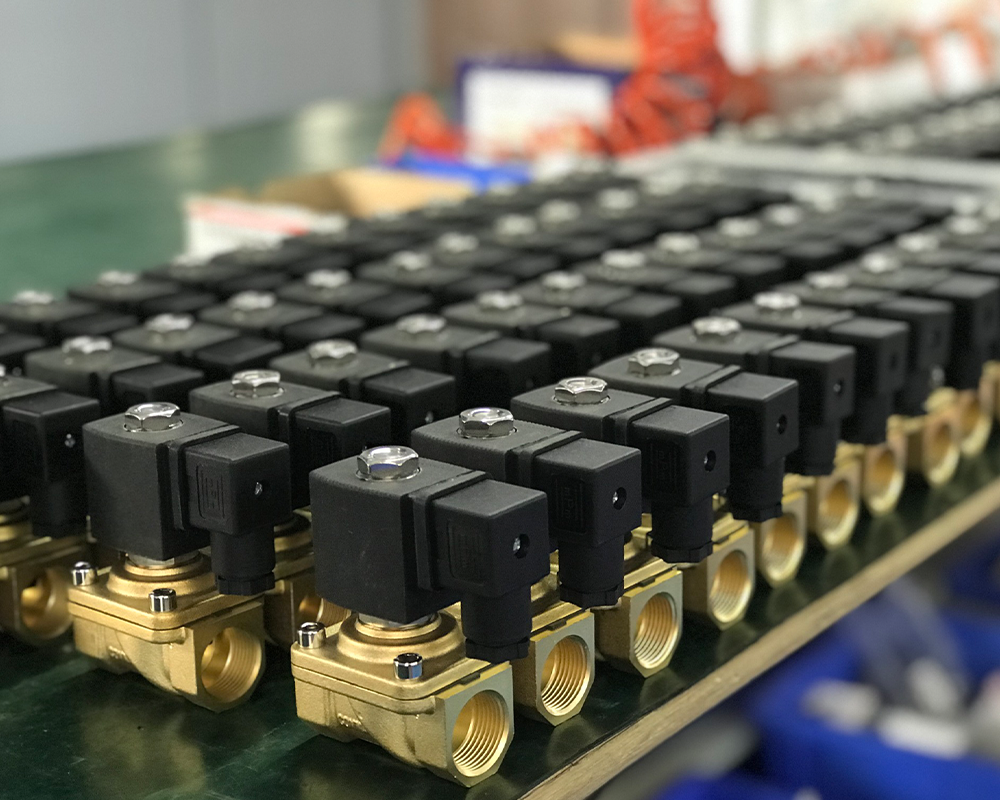
Types of Gas Solenoid Valves
Gas solenoid valves come in different types. Each type controls a specific part of the gas system.
| Type | Description | Best Use Cases |
| Direct Acting | Opens/closes via coil force directly | Low pressure, quick response |
| Pilot Operated | Uses system pressure to help open/close the valve | High flow, higher pressure lines |
| Two-Way Valves | One inlet, one outlet (most common) | On/Off gas control |
| Three-Way Valves | Diverts flow between two outputs or combines two inputs | Complex gas mixing or switching |
Some valves have features like manual reset, explosion-proof casing, or leak detection to meet safety rules.
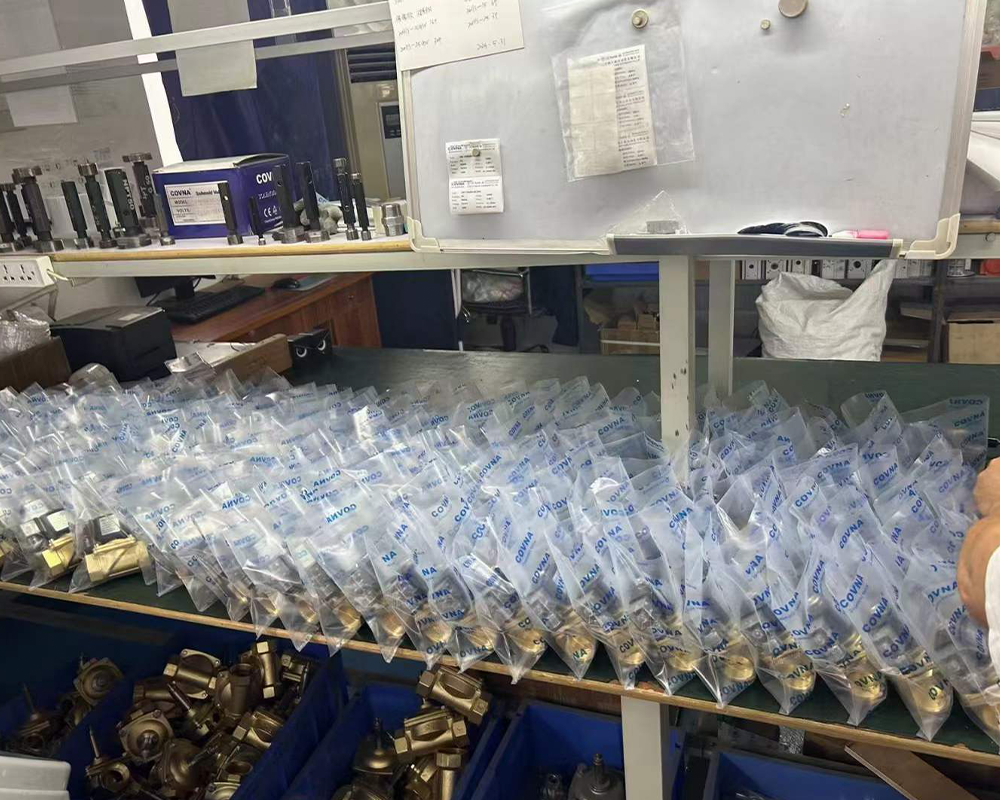
Applications of Gas Solenoid Valves
According to Actuation.co.uk and ChinaSolenoidValve.com, gas solenoid valves are widely used across:
• Gas Boilers
• Commercial Kitchens & Ovens
• Industrial Furnaces
• ⛽ Fuel Stations
• Gas Leak Detection Systems
• ⚙️ Automated Burner Systems
In all these cases, the goal is simple: safe, fast, and reliable gas flow control.
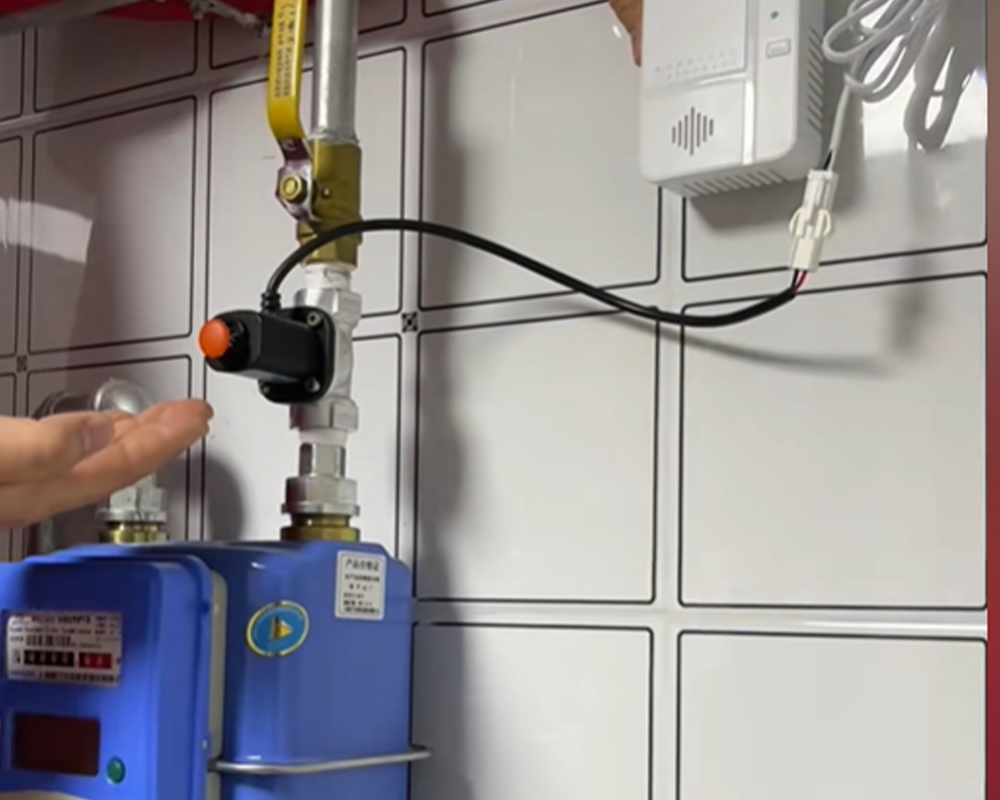
Why Are Gas Solenoid Valves So Important?
Gas is highly flammable. Any delay or error in control can lead to dangerous leaks, explosions, or system failure. Solenoid valves are vital because they:
• ✅ Provide fast response times (milliseconds)
• ✅ Enable remote or automated control
• ✅ Integrate easily with safety systems
• ✅ Automatically shut off in power loss (for NC type)
Think of them as the first line of defense in a gas safety chain.
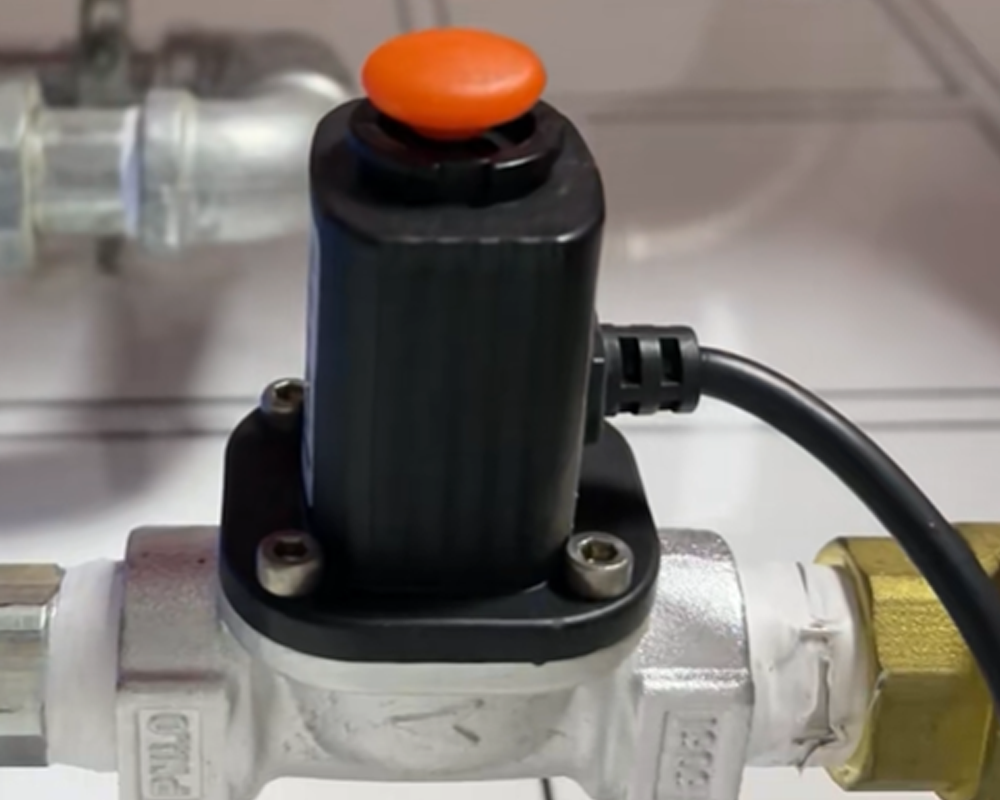
Choosing the Right Gas Solenoid Valve
When choosing a gas solenoid valve, consider the following parameters:
| Factor | Why It Matters |
| Voltage | Match with your control system (12V, 24V, 220V...) |
| Valve Type | NC or NO, direct or pilot |
| Pressure Rating | Must handle system pressure safely |
| Material | Brass, stainless steel, or aluminum for corrosion resistance |
| Certification | CE, UL, ATEX, ISO for safety and legal compliance |
| Manual Reset | Required for some gas safety codes |
If you're unsure, always consult with the valve manufacturer—like us—to ensure compatibility.
Final Thoughts: Why It Matters for Your Project
A gas solenoid valve might be small, but it has an important job keeping people, machines, and buildings safe. Whether you’re building a new gas system or changing old valves, picking the right solenoid valve is about safety, not just tech.
How Gas Solenoid Valves Improve Safety and Efficiency
Gas solenoid valves are essential for maintaining both safety and efficiency in gas systems. They act as automatic shut-off points that can quickly stop the flow of gas in emergencies, such as leaks or power failures. This fast response helps prevent accidents, fires, and explosions.
These valves help control the gas flow well, so your system uses less fuel, wastes less, and saves money. For industries like manufacturing, heating, and energy production, reliable gas solenoid valves are critical to meeting safety standards and optimizing performance.
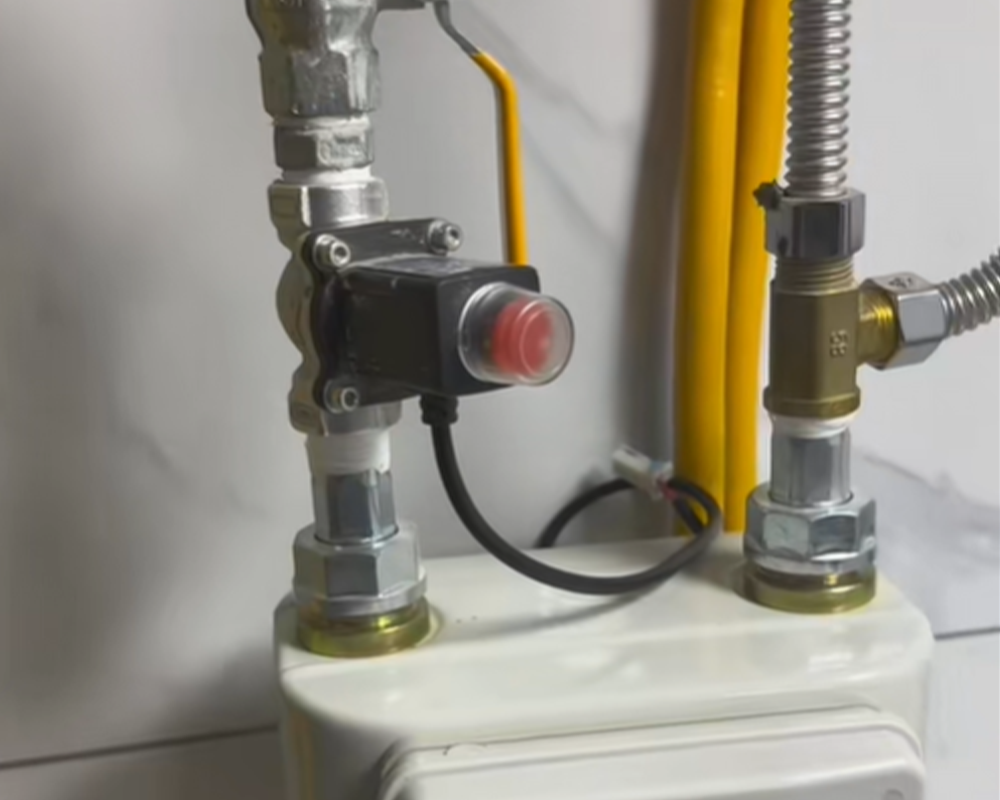
Choosing the Right Gas Solenoid Valve for Your System
You should choose the right gas solenoid valve based on the type of gas, pressure, temperature, and where you will use the valve.
For example, valves used outdoors need to be weather-resistant and possibly explosion-proof. Others used in industrial settings might require special certifications or advanced features like manual reset or leak detection.
When you work with a professional valve maker, you get a product made just for your needs. This helps your gas system work safely and smoothly while following the rules.
Looking for a Reliable Gas Solenoid Valve Manufacturer?
We are a professional valve manufacturer with over [X years] of experience supplying gas solenoid valves for industrial, residential, and commercial applications. Our valves are:
✅ Precision-engineered and leak-tested
✅ Certified for international standards (CE, ISO, ATEX available)
✅ Customizable for your pressure, voltage, and connection needs
Contact us today to get expert guidance and a free quote for your gas valve needs.
Frequently Asked Questions
Q: Are gas solenoid valves suitable for installation in outdoor settings?
A: Yes, but they should have a proper IP-rated enclosure and weatherproof design.
Q: What is the recommended replacement interval for gas solenoid valves?
A: With proper maintenance, quality valves can last 5–10 years, but annual inspection is recommended.
Q: Are explosion-proof gas valves available in your product range?
A: Yes, we offer ATEX-certified models for hazardous environments.













